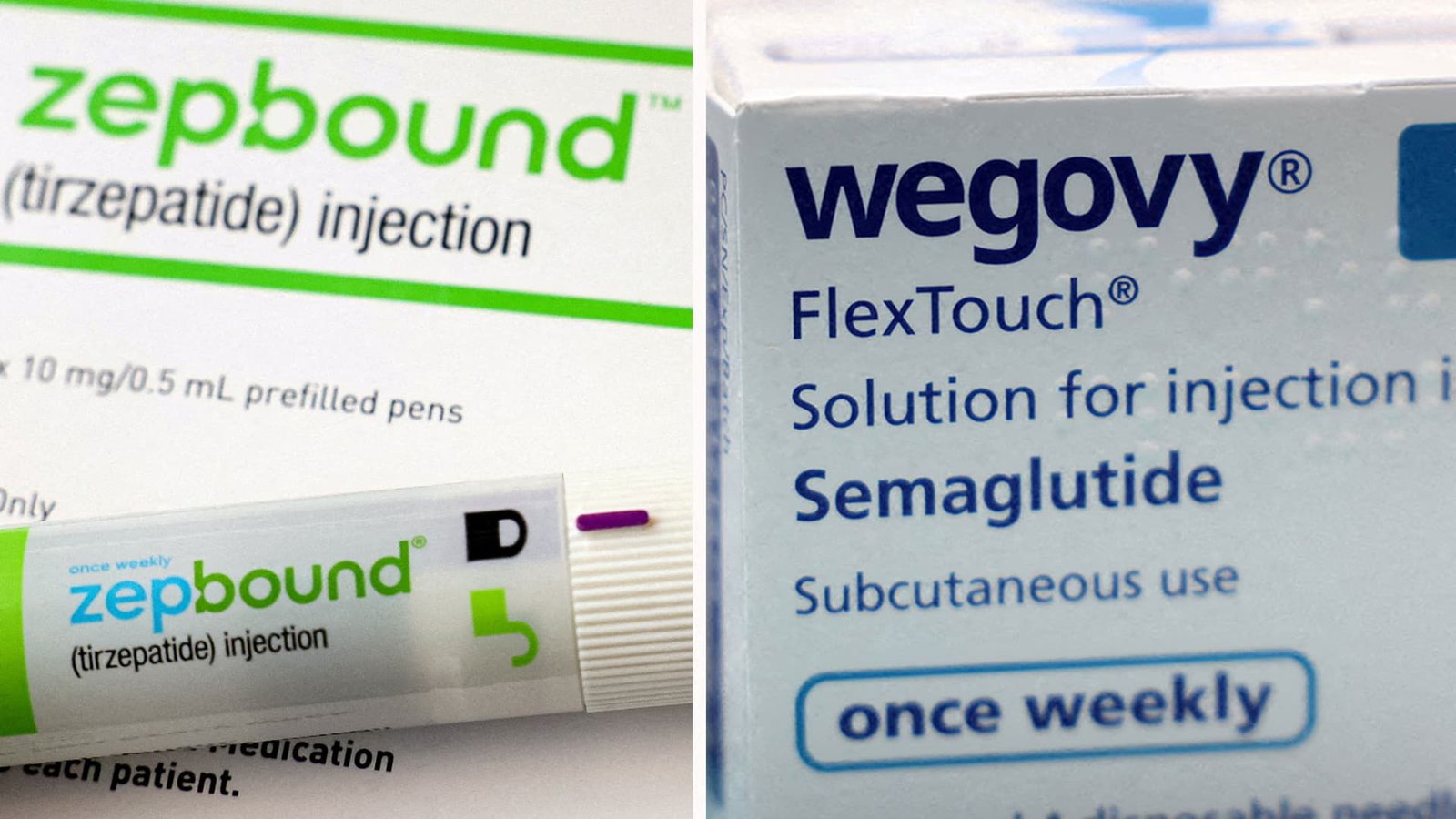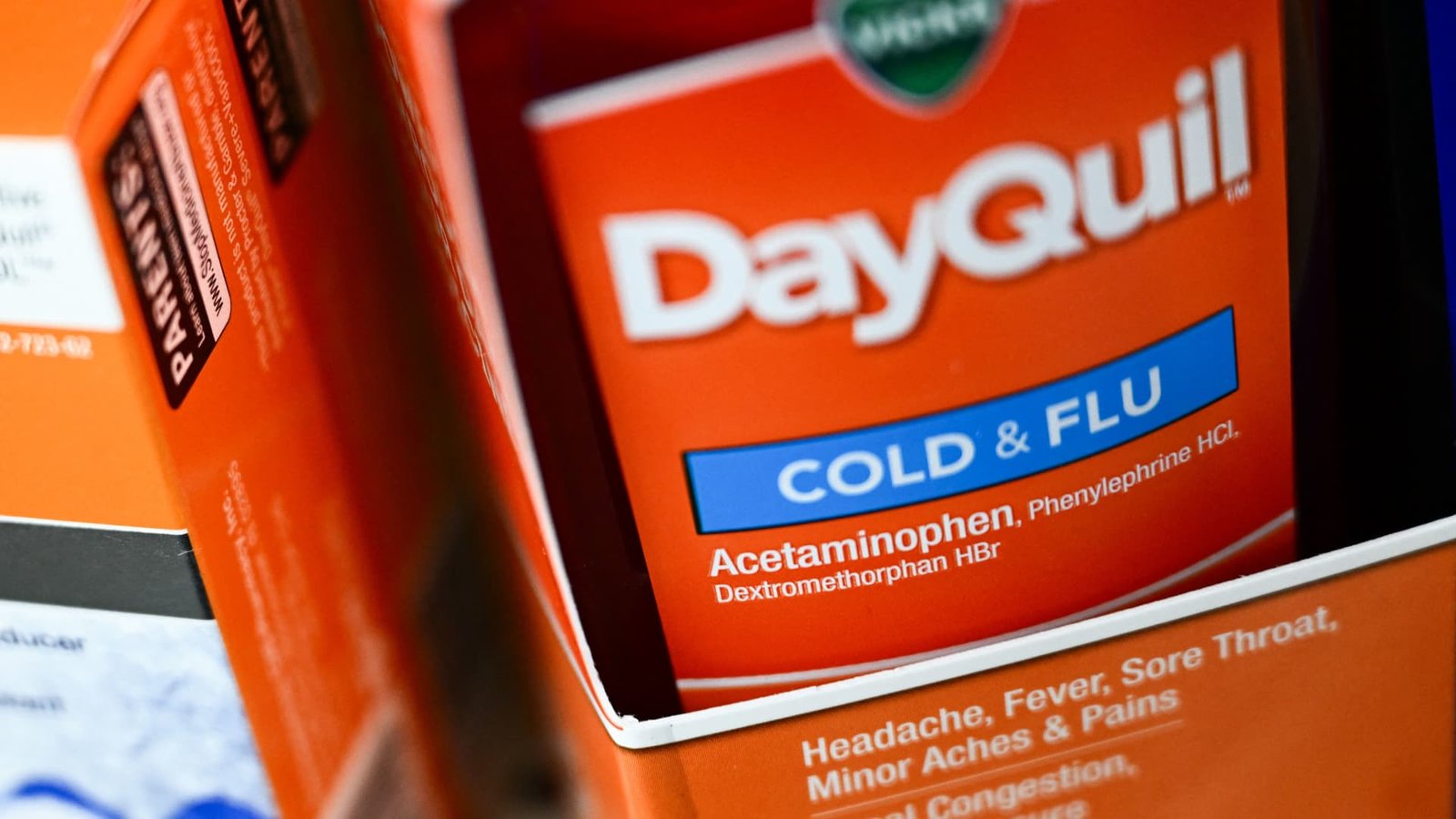In this article, prescription fills for blockbuster weight loss drugs in the U.S. more than doubled in 2024, despite limited insurance coverage and high out-of-pocket costs for the treatments, as per data released by drug savings company GoodRx on Thursday.
The data reveals the strong demand for GLP-1 and GIP agonists, a class of medications that mimic gut hormones to suppress appetite and regulate blood sugar. Notable drugs in this category include Novo Nordisk’s Wegovy and Eli Lilly’s Zepbound, both priced at around $1,000 per month before insurance or savings cards.
Since the beginning of 2024, prescription fills for Wegovy and Zepbound have surged by over 100% and 300%, respectively. Zepbound’s significant increase is attributed to its first year on the market after approval in the U.S. in November 2023, while Wegovy received U.S. approval in 2021.
GoodRx’s Director of Research, Tori Marsh, highlighted the substantial sales growth of these drugs, raising concerns about their affordability and accessibility.
The data is sourced from GoodRx’s Weight Loss Medications Tracker, which analyzes fill trends and spending habits for popular weight loss medications in the U.S.
Despite only 9% of individuals with commercial insurance having unrestricted coverage for Zepbound and 14% for Wegovy, the fill rates remain high. The majority of patients, approximately 60% to 70%, are under insurance plans with more restrictive coverage. However, out-of-pocket costs can accumulate even with insurance coverage for weight loss treatments.
On average, insured individuals using Zepbound may face annual copays exceeding $2,500. GoodRx reported an average out-of-pocket expense of $231 per month for a Zepbound prescription from January 2023 to October of the same year.
Marsh emphasized that insurance coverage may not provide the financial relief it once did. Additionally, nearly 1 in 5 people with commercial insurance lack coverage for at least one prescribed branded GLP-1 and GIP agonist for weight loss.
GoodRx estimated that Americans have overspent by at least $200 million by paying full retail prices for weight loss medications instead of utilizing savings options like GoodRx coupons or assistance programs from Eli Lilly or Novo Nordisk. GoodRx calculated this overpayment based on the average discounted price available through GoodRx.
According to GoodRx, individuals without insurance can save an average of $250 monthly, or $3,000 annually, by using its coupons for weight loss drugs.
The data from GoodRx aligns with other studies indicating inconsistent insurance coverage for weight loss drugs in the U.S. For instance, a survey published in October revealed that less than a fifth of large employers in the country include coverage for these treatments in their health insurance plans.
The federal Medicare plan does not cover weight loss treatments unless prescribed for another health condition, as it could lead to increased costs for employers and government entities. However, the Biden administration proposed a rule in November to allow Medicare and Medicaid to cover weight loss drugs for patients with obesity, potentially expanding access to these treatments pending approval by the incoming administration.




